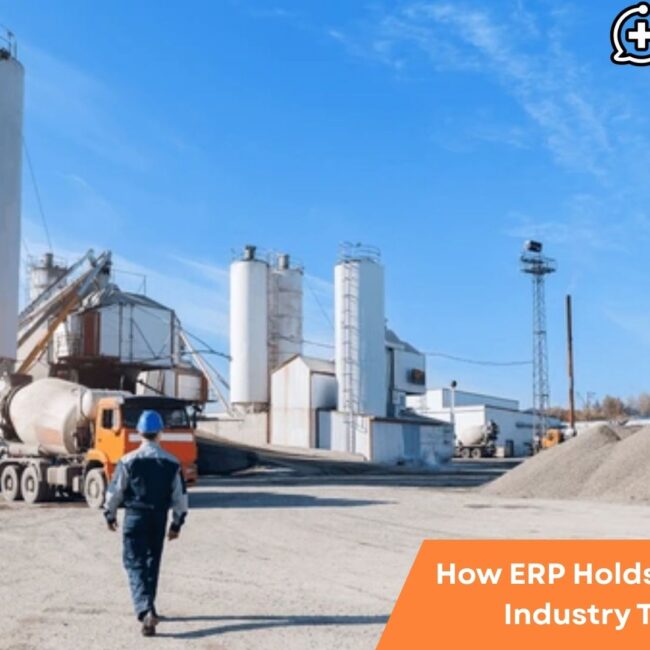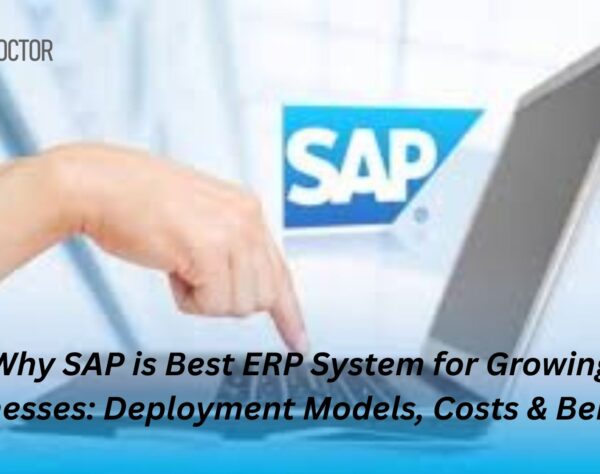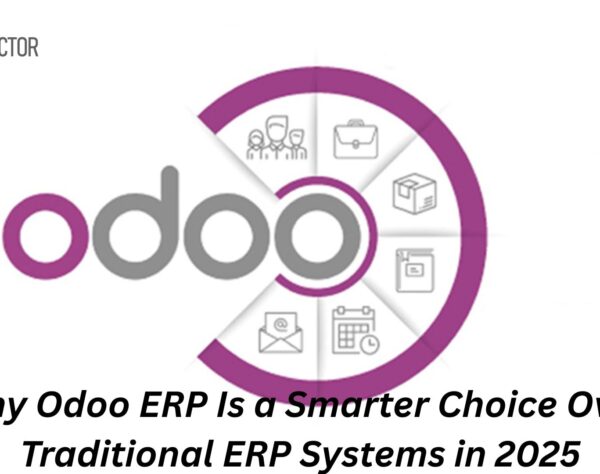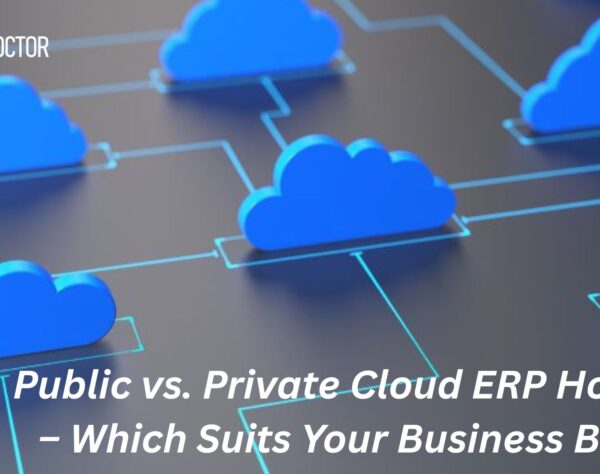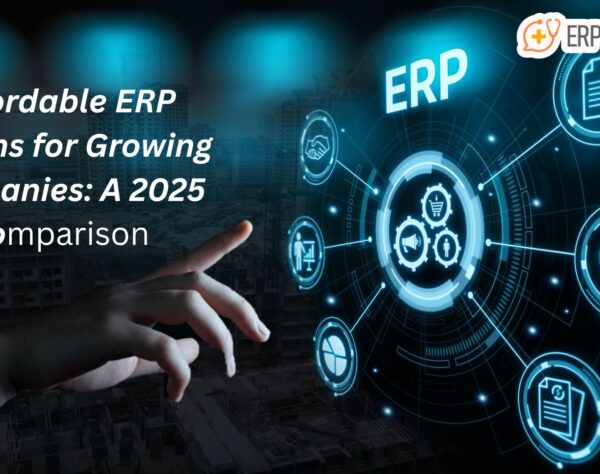
SAP B1 vs Odoo: Which ERP Solution is Right for Your Business?
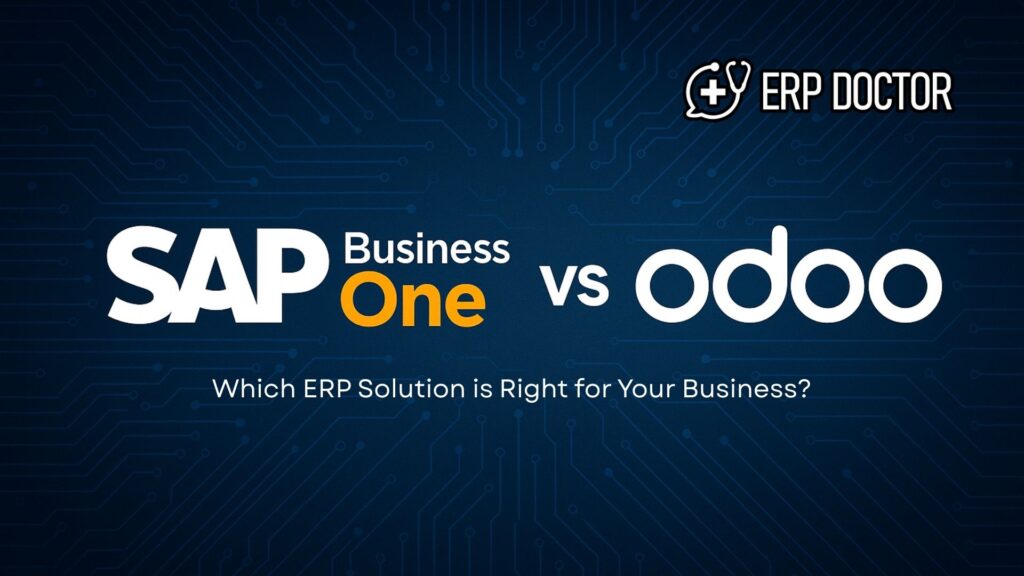
SAP Business One vs Odoo: Discover the Ultimate ERP Solution for Your Business
Choosing the right Enterprise Resource Planning (ERP) system is crucial for any business aiming to streamline operations, increase efficiency, and scale effectively. When it comes to ERP solutions, SAP Business One (SAP B1) and Odoo are two of the most popular choices. Both SAP B1 and Odoo offer a wide range of features designed to cater to the needs of different types of businesses. However, each system has its unique strengths and may be more suited to certain types of companies. This detailed comparison will explore the features, advantages, and overall suitability of SAP Business One and Odoo to help you decide which ERP solution is right for your business.
SAP Business One (SAP B1) Overview
SAP Business One is a comprehensive ERP solution designed specifically for small to medium-sized businesses. SAP B1 integrates critical business functions such as financials, sales, customer relationship management (CRM), inventory management, and supply chain operations into one platform. SAP B1 is known for its robust capabilities, particularly in areas like accounting and manufacturing management. It is highly customizable, allowing businesses to tailor the software to meet specific industry needs.
Key Features of SAP Business One
- Financial Management: SAP B1 excels in providing detailed financial management tools, including general ledger, accounts payable/receivable, and advanced reporting options. These features are particularly valuable for businesses in industries like manufacturing and retail.
- Inventory Management: SAP B1 offers strong inventory management capabilities, including tracking stock movements, inventory valuation, and management of multiple warehouses.
- Manufacturing Management: It supports the production process with tools for managing bill of materials (BOM), production orders, and resource planning.
- Customization: SAP B1 is highly customizable, allowing businesses to adjust workflows, reports, and other components to fit specific business needs.
- Integration: SAP B1 integrates seamlessly with other SAP products and third-party applications, which is particularly beneficial for businesses that are already using other SAP solutions.
Advantages of SAP Business One
- Scalability: SAP B1 is highly scalable, making it a great choice for businesses that plan to expand. As your business grows, you can integrate additional SAP modules and features.
- Industry-Specific Solutions: SAP Business One provides tailored solutions for industries such as manufacturing, retail, and distribution, offering specialized functionality that can help address specific business challenges.
- Advanced Reporting and Analytics: The reporting features in SAP B1 are detailed and allow businesses to gain valuable insights into operations and financial performance.
Best Suited For:
SAP Business One is best suited for medium to large businesses, particularly those in manufacturing, retail, and distribution sectors that require a high level of customization and integration with other systems.
Odoo Overview
Odoo is an open-source ERP system that offers a comprehensive suite of applications for businesses of all sizes. Odoo’s modular approach allows businesses to implement the features they need, such as CRM, accounting, inventory management, project management, and e-commerce. Its flexibility and user-friendly interface make it an appealing choice for businesses that want to scale quickly without complicated implementation.
Key Features of Odoo
- Modular Design: Odoo is built around a modular design, allowing businesses to choose the applications that meet their specific needs. This includes everything from accounting to HR management and marketing automation.
- Customization: Odoo is highly customizable, thanks to its open-source nature. Businesses can either customize existing modules or develop their own to meet unique requirements.
- User-Friendly Interface: Odoo offers an intuitive, modern interface that requires less training for users compared to other ERP systems.
- Cloud and On-Premise Deployment: Odoo can be deployed in the cloud or on-premise, offering businesses the flexibility to choose the deployment method that fits their IT strategy.
- CRM Integration: Odoo’s CRM module is well-integrated, allowing businesses to track leads, manage customer relationships, and monitor sales pipelines with ease.
Advantages of Odoo
- Cost-Effective: As an open-source solution, Odoo can be more affordable compared to proprietary ERP systems, especially for businesses that do not need all the advanced features of larger ERP systems.
- Flexibility: The modular structure allows businesses to start with core features and scale up as needed. With over 30 core applications and more than 16,000 additional apps, Odoo can be tailored to fit any business.
- Strong Community Support: Odoo benefits from a large and active community that contributes to the development of new features and improvements.
- E-commerce and Website Integration: Odoo offers strong e-commerce integration, making it a great choice for businesses looking to manage both their ERP and online store from a single platform.
Best Suited For:
Odoo is ideal for small to medium-sized businesses that need an affordable, scalable ERP solution with a strong focus on flexibility and integration. It is particularly beneficial for businesses in retail, e-commerce, and service industries.
SAP B1 vs Odoo: Feature Comparison
1. Customization and Flexibility
- SAP Business One: SAP B1 offers a highly customizable platform, but the level of customization can require additional technical expertise, making it better suited for businesses with complex requirements or an existing IT team.
- Odoo: Odoo is highly flexible, offering a more intuitive interface and customizable options that can be modified by users with minimal technical expertise. Its modular approach allows businesses to start small and scale as needed.
2. User Interface and Usability
- SAP Business One: SAP B1 is feature-rich, but its interface can be complex for new users. Its advanced functionality might require more training to fully harness the system.
- Odoo: Odoo provides a modern, clean user interface that is intuitive and easy to use. Its user-friendly design requires less training for employees, making it suitable for businesses with limited IT resources.
3. Deployment Options
- SAP Business One: SAP B1 can be deployed on-premise or in the cloud, depending on business preferences. However, cloud-based deployment may require more resources for setup and management.
- Odoo: Odoo can be deployed either in the cloud or on-premise. Its open-source nature makes it ideal for businesses looking for a flexible, cost-effective solution that can grow with their needs.
4. Integration with Other Systems
- SAP Business One: SAP B1 has robust integration capabilities, especially with other SAP solutions. It is ideal for companies that already use SAP software or need to integrate with complex third-party systems.
- Odoo: Odoo integrates well with a wide range of applications, including third-party software. Its open-source nature allows businesses to integrate Odoo with virtually any other system they use.
5. Industry-Specific Solutions
- SAP Business One: SAP B1 offers tailored solutions for industries such as manufacturing, retail, and distribution. It provides specialized features designed to meet the unique needs of these sectors.
- Odoo: While Odoo is modular and customizable, it does not offer as many out-of-the-box, industry-specific solutions as SAP B1. However, Odoo’s flexibility allows businesses to develop custom solutions that meet specific industry needs.
Which ERP Solution is Right for Your Business?
- SAP Business One is ideal for medium to large businesses that require deep functionality, especially in manufacturing and distribution. It is a great choice for businesses looking for a comprehensive ERP system that can be tailored to their industry-specific needs.
- Odoo is an excellent choice for small to medium-sized businesses that require a flexible, cost-effective, and easy-to-use ERP solution. Its modularity and open-source nature make it a strong candidate for businesses that want to start with core features and grow their ERP system as their needs evolve.
Ultimately, the right ERP solution depends on your business size, complexity, industry requirements, and budget. Both SAP Business One and Odoo offer strong capabilities, and choosing the right one comes down to your specific needs.
FAQs
1. How does SAP Business One compare to Odoo for small businesses?
SAP Business One is more suited for growing or medium-sized businesses, while Odoo’s flexible, modular system makes it ideal for small businesses looking for a scalable, cost-effective solution.
2. Is SAP Business One more difficult to implement than Odoo?
Yes, SAP Business One typically requires more technical expertise for implementation and customization, while Odoo is more user-friendly and easier for businesses with limited IT resources.
3. Which ERP system offers better customization: SAP Business One or Odoo?
Both offer customization options, but SAP Business One tends to provide more advanced and industry-specific customization, while Odoo offers more flexibility through its open-source nature.
4. Can Odoo support large enterprises?
While Odoo is highly scalable, it is generally considered a better fit for small to medium-sized businesses. Larger enterprises may need more advanced features like those offered by SAP Business One.
5. How do SAP Business One and Odoo handle inventory management?
Both systems provide strong inventory management features, but SAP Business One is often preferred by manufacturing and retail businesses for its detailed reporting and multi-warehouse capabilities.
6. Which ERP system is more suitable for e-commerce businesses?
Odoo offers excellent e-commerce integration, making it a better fit for businesses with an online store. SAP Business One can also support e-commerce but may require additional customization.
7. Does SAP Business One offer CRM capabilities?
Yes, SAP Business One includes a CRM module, although Odoo’s CRM functionality is more integrated and user-friendly, especially for businesses focused on customer relationship management.
8. Is Odoo an open-source ERP system?
Yes, Odoo is an open-source ERP system, which allows businesses to customize the software and use it at a lower cost compared to proprietary solutions like SAP Business One.
9. Which ERP system is better for project management?
Odoo offers a strong project management module with task tracking and collaboration tools, while SAP Business One provides more advanced project planning and manufacturing management capabilities.
10. Can SAP Business One and Odoo integrate with other third-party software?
Yes, both SAP Business One and Odoo integrate with third-party systems, but Odoo’s open-source nature offers more flexibility for custom integrations.


